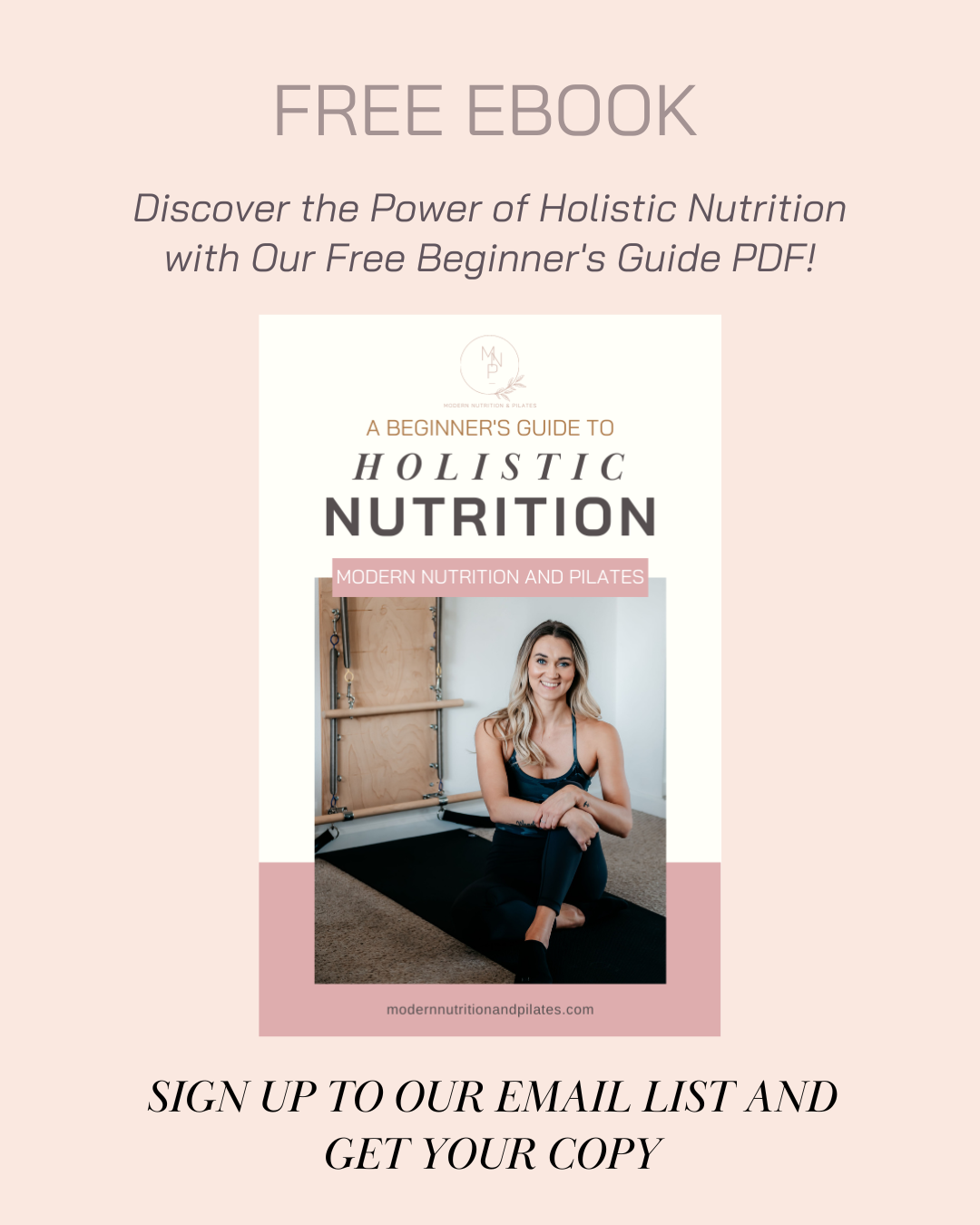Friends, we face a significant challenge—a drinking problem. We often find ourselves falling sick. Sometimes, we even fall victim to deceptive practices.
When we turn on our kitchen faucets or purchase leading bottled water brands, we expect clear, clean water. But as many of us already know, appearances can be deceiving. Most of us have lost faith in tap water due to concerns about its questionable quality.
Consequently, we invest our valuable time and money in what we believe to be reliable alternatives, such as filters, bottled water, and distillation.
But are we truly obtaining high-quality, healthful water? Prepare to be surprised by the results.
An African Proverb wisely states, "Filthy water cannot be washed." This proverbial truth resonates with the essence of our bodily needs.
Clean water is the only liquid our bodies truly require. It is vital for our health and sustains life in ways nothing else can.
While opinions differ on the daily amount of water needed for optimal health (typically 1 ounce per lb of body weight), there is no doubt that we need it, whether from our foods or in liquid form.
Dr. F. Batmanghelidj believed that dehydration was a root cause or contributing factor to the onset of many diseases and painful conditions. According to him, water might be the most effective painkiller available. While these claims lack hard scientific evidence, Dr. Batmanghelidj shared his intriguing experiences using his "water cure" on thousands of patients, highlighting the significance of clean water as a source of life and health.
His findings serve as a poignant reminder that water is not a resource to be taken for granted. It is a precious fluid whose availability and purity we must safeguard as if our lives depend on it—because they do.
In order to safeguard our health and that of our loved ones and preserve water resources for future generations, we must make wise choices regarding the water we consume.
Here are seven tips for staying hydrated for optimal health
1. Avoid relying on plastic-bottled water.
Not only does this contribute to environmental sustainability by reducing plastic waste, but it also helps us avoid potential health risks associated with certain types of plastic. Instead, we can opt for sustainable alternatives like reusable glass or stainless steel water bottles. These ensure a safer drinking experience and promote a greener planet.
2.Prioritize proper filtration of the water we use at home.
Investing in high-quality water filters can significantly reduce contaminants, including lead, pathogens, and other harmful substances. By taking control of our water quality, we empower ourselves to positively impact our overall well-being.
3. Drink an adequate amount of water
The general recommendation is to drink at least 1 oz of water per lb of body weight of water per day. However, individual hydration needs vary based on activity level, climate, and overall health. Pay attention to your body's thirst cues and drink enough water to stay hydrated throughout the day.
4.Include hydrating foods in your diet
Besides drinking water, you can increase your hydration by consuming foods with high water content. Fruits and vegetables like watermelon, cucumber, strawberries, oranges, and lettuce are excellent choices. These foods not only provide hydration but also offer essential nutrients and fiber.
5.Carry a reusable water bottle
Keep a reusable water bottle with you wherever you go. This serves as a reminder to drink water regularly and makes it convenient to stay hydrated. Refill it throughout the day to ensure a steady water supply, especially during physical activity or when you're on the go.
6.Set hydration reminders
Amid a busy day, it's easy to forget to drink enough water. Consider setting reminders on your phone or using hydration-tracking apps that alert you regularly to take sips of water. These reminders can help you establish a consistent habit of staying hydrated.
7.Limit diuretic beverages and alcohol
Certain drinks like caffeinated beverages (coffee, tea, energy drinks) and alcohol can have a diuretic effect, increasing urine production and potentially leading to dehydration. While moderate consumption of these beverages is generally acceptable, it's important to balance them with an adequate water intake to stay hydrated.
Additionally, raising awareness about the importance of clean water is paramount. We can educate ourselves and others about the risks of compromised drinking water, advocating for stronger regulations and water quality standards. Engaging in conversations, sharing knowledge, and supporting initiatives to ensure clean water for all can contribute to a healthier society.
Ultimately, staying hydrated with clean and pure water is not just about quenching our thirst. It is about nurturing our bodies, supporting optimal health, and preventing various ailments. The significance of hydration cannot be overstated, and by making informed choices and taking proactive measures, we can prioritize our well-being and contribute to a brighter, healthier future.
In conclusion, remember that we are not alone in facing the challenges of compromised drinking water. We can tackle this issue head-on by joining forces, staying informed, and taking action.
Together, we can ensure access to clean, safe water—a fundamental resource that sustains life and nurtures our well-being.
So, let us hydrate responsibly for ourselves, our loved ones, and the future generations to come.


